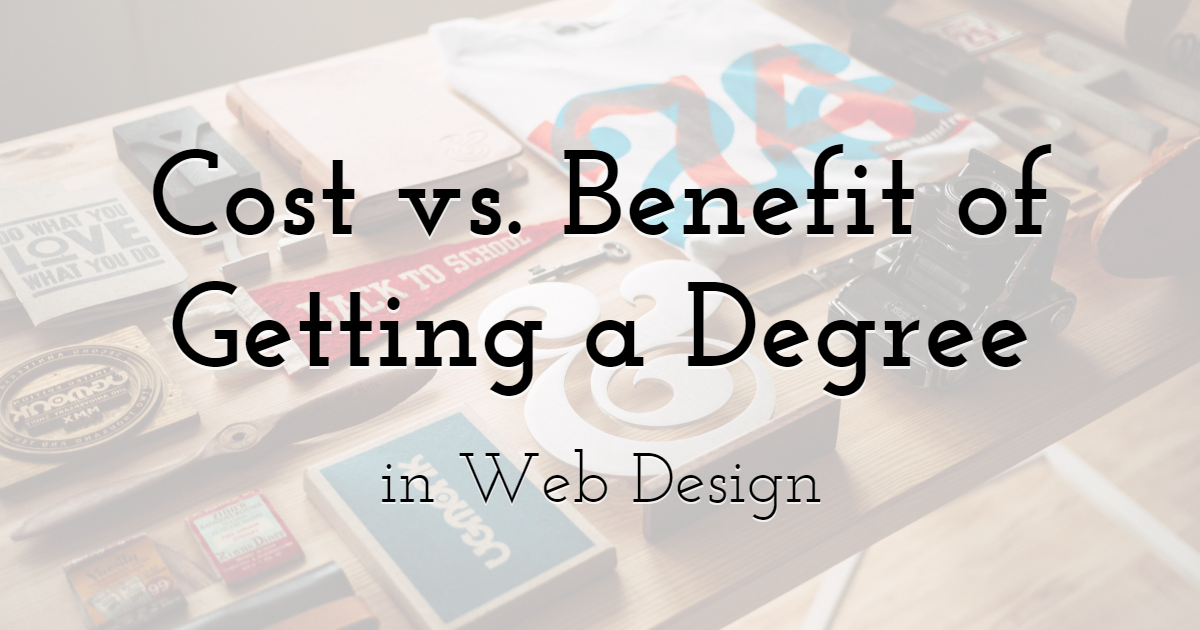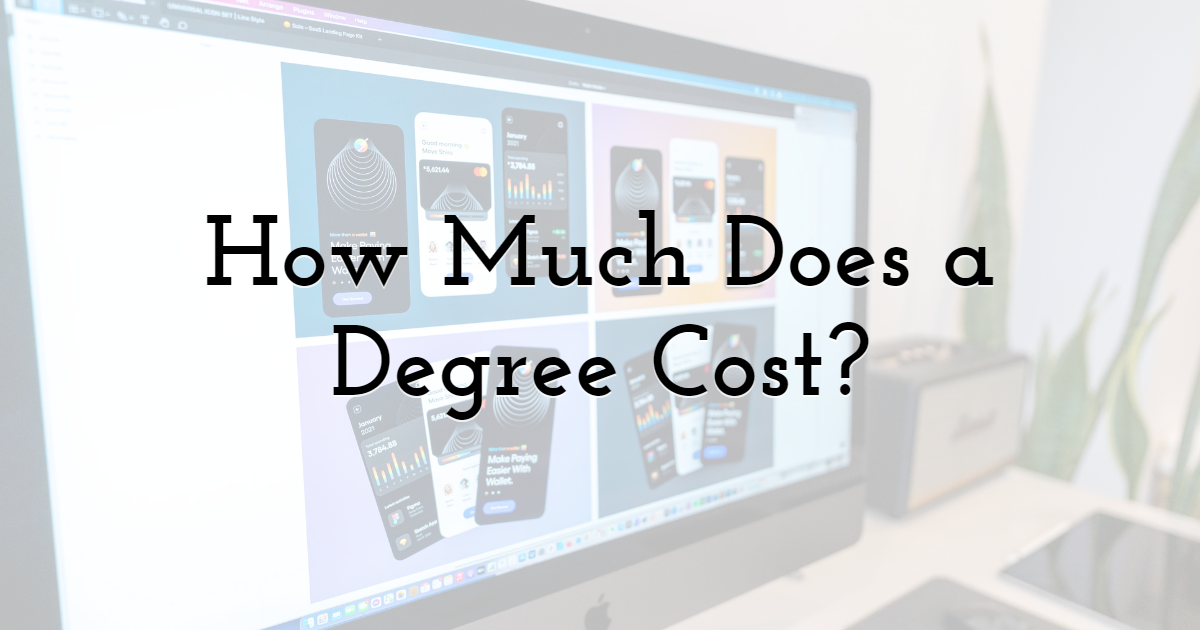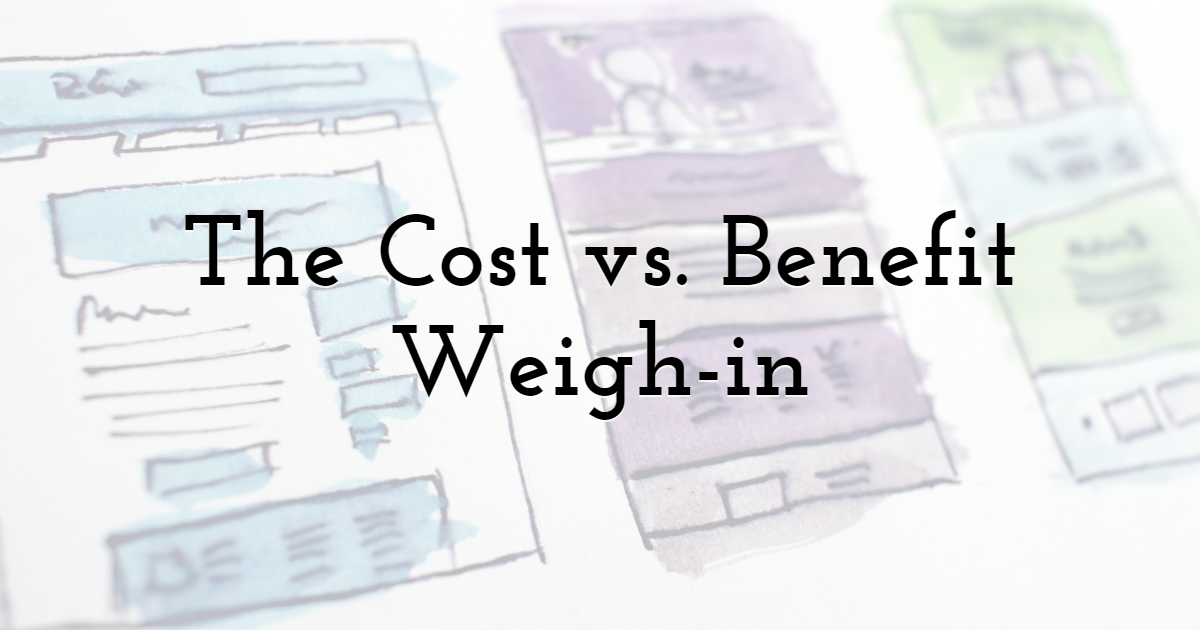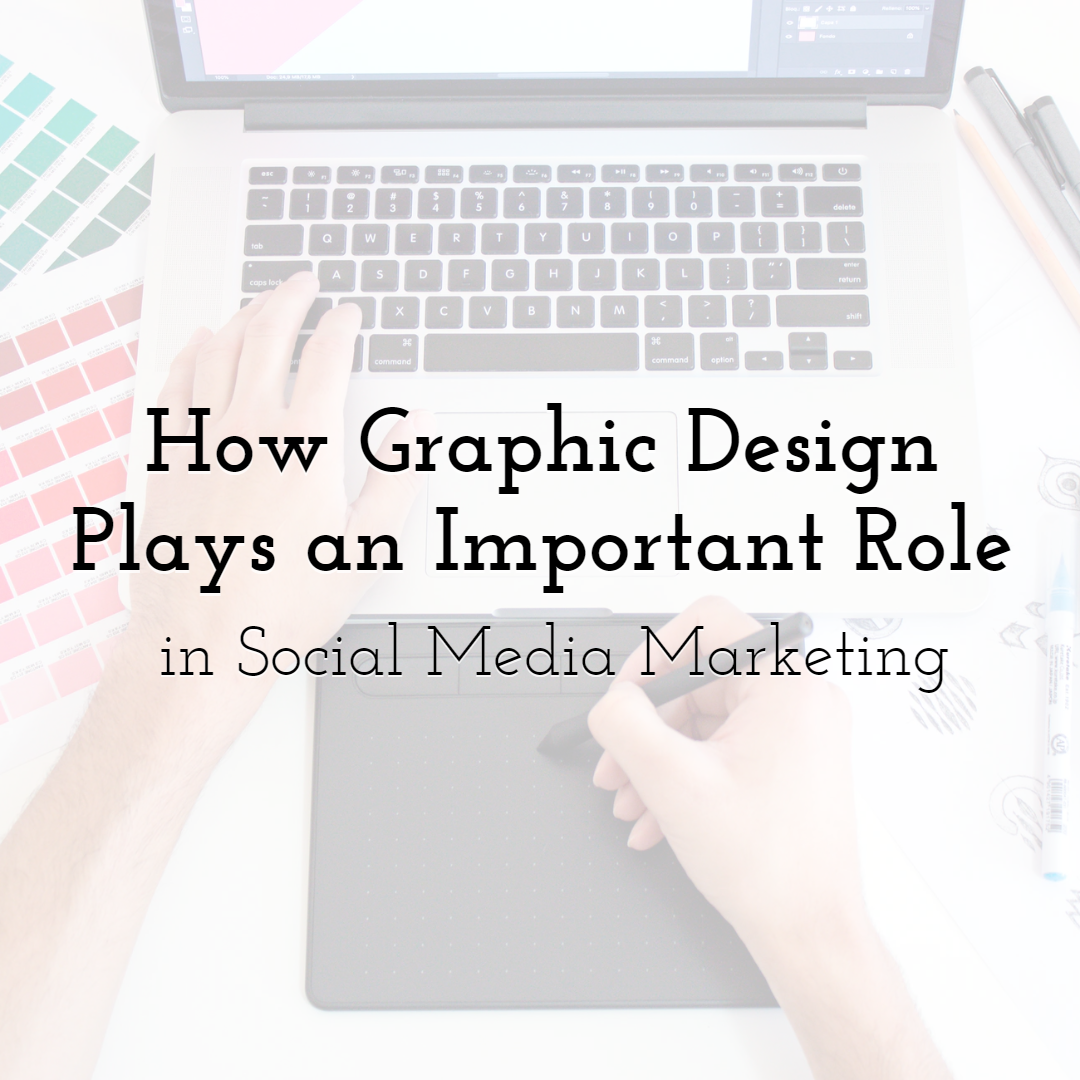Cost vs. Benefit of Getting a Degree in Web Design

Easily create your own beautiful designs for free
with PixTeller online image creator.
If there's any field where the value of a college degree is hotly debated, it's web design. There have been endless online discussions about whether the cost of earning a degree is worth it, whether formal education translates to real-world opportunity and if there's really any need to waste time and money on college when you can learn how to become a web designer for free.
While it is true that many professionals are entirely self-taught and have lucrative careers, that doesn't mean a bachelor's in web design is useless. On the contrary, it can qualify you for more positions in an over-saturated marketplace so long as you also build a strong portfolio.
How Much Does a Web Design Degree Cost?

A Bachelor of Arts in Web Design is a four-year program that can cost between $15,000 to over $60,000. Earning your degree at a state college can be more affordable than studying at a prestigious art school. It's never easy to estimate the total cost of a degree because students' choices influence their final cost so much.
For example, are you going to be commuting to school from your parents' house or living in the dorms? Will you apply for scholarships and partake in work-study programs? How much money of your own are you putting toward your education?
Paying for a degree is one of the biggest deterrents to formal education, and it's understandable in a country that has most 22-year-olds graduating nearly $50,000 in debt. But there are many workarounds to make getting your web design degree more affordable. One option is taking out a loan from a private lender to pay for college. This can be better for many students because it offers greater flexibility and a higher pay-out than federal student loans.
You can explore all your options once you determine whether a degree in web design is right for you. It's important to mention that many professionals did acquire a degree, but they studied a broader discipline like graphic design.
There are often specializations in programs these days that incorporate web design principles into a larger degree program that gives you greater knowledge and more skills.
How Much Does a Web Designer Make a Year?

The Bureau of Labor Statistics reports that web designers and developers earn an average salary of $73,760 per year (2019). This figure can fluctuate depending on your level of experience, where you work, and what type of clients you have. For example, many professionals in the field prefer to freelance and charge a higher rate than what they'd make per hour. A full design package for a client from a freelancer could cost thousands when they'd only make several hundred in a week at a traditional office.
Entry-level web designers will naturally earn less than their more experienced counterparts, and working with a firm can be a good way to build a reputation and portfolio right out of college. If you're not formally educated, then you can learn all the most important, relevant skills from working professionals by serving as an intern. Your earnings will likely be higher with professional credentials, but your portfolio is what will really make you stand out. To decide whether you should get a degree, it's helpful to consider your career goals. Do you want to get employed by a big company or agency, or are you interested in opening your own business or working as a freelancer?
The Cost vs. Benefit Weigh-in

People who earn a college degree can earn more in their lifetime than those who don't, but that could change in the coming years as more people become highly skilled, self-taught professionals. What really matters, in this case, is whether you can acquire the educational background and skills on par with what the average web design graduate will have.
You'll need to know:
- • Best practices and principles
- • Design principles like color theory, white space, and balance;
- • Fundamental knowledge in HTML and CSSl
- • Industry software standards, namely Photoshop, Illustrator, and why not PixTeller.
Final Thoughts
How do you make a website that's fully calculable and responsive? Even if a developer handles the coding, you'll need to know all the proper dimensions and specs to design full-color wire-frames and mock-ups for your future clients.
This can be difficult to master alone without any help, and most people prefer the added support they receive in a college program.
Until next time, Be creative! - Pix'sTory made by Justin Weinger
Recommended posts
-

Understanding Why 90% of Consumers Skip Pre-Roll Ads
Read More › -

5 Graphic Design Trends Every Marketer Should Know in 2025
Read More › -

How Graphic Design Plays an Important Role in Social Media Marketing
Read More › -

7 Best Product Images Techniques for Your Ecommerce Website
Read More › -

Cost vs. Benefit of Getting a Degree in Web Design
Read More › -

Being a Graphic Designer: Pros and Cons
Read More ›
